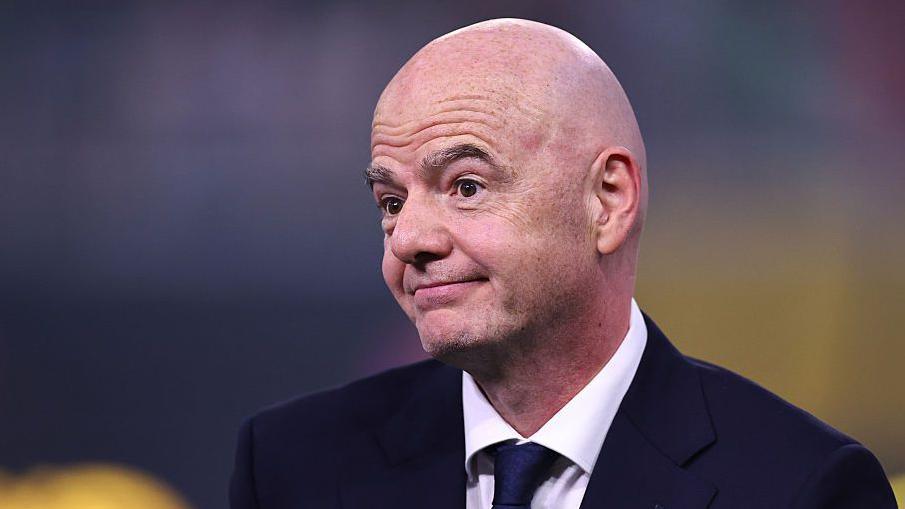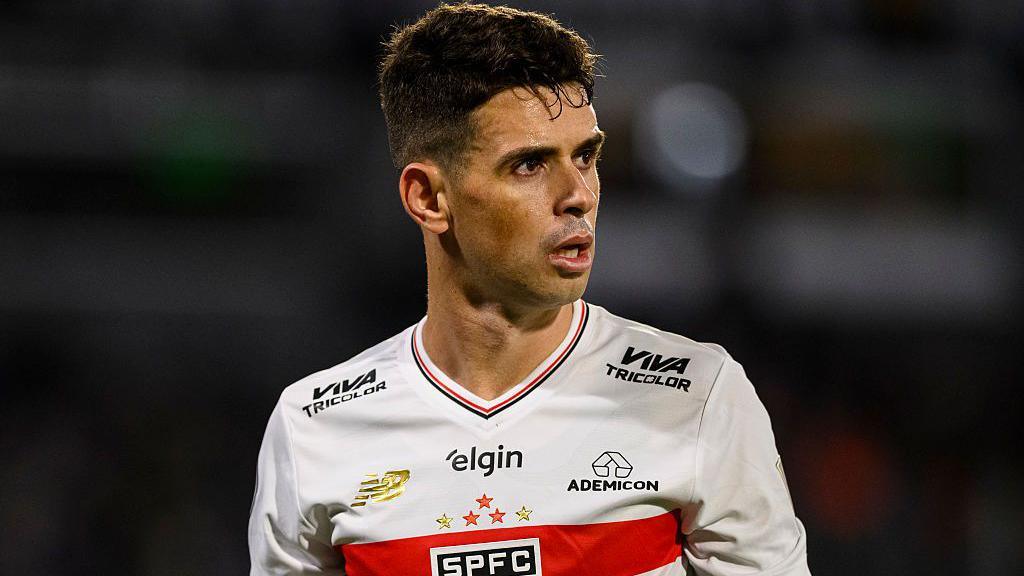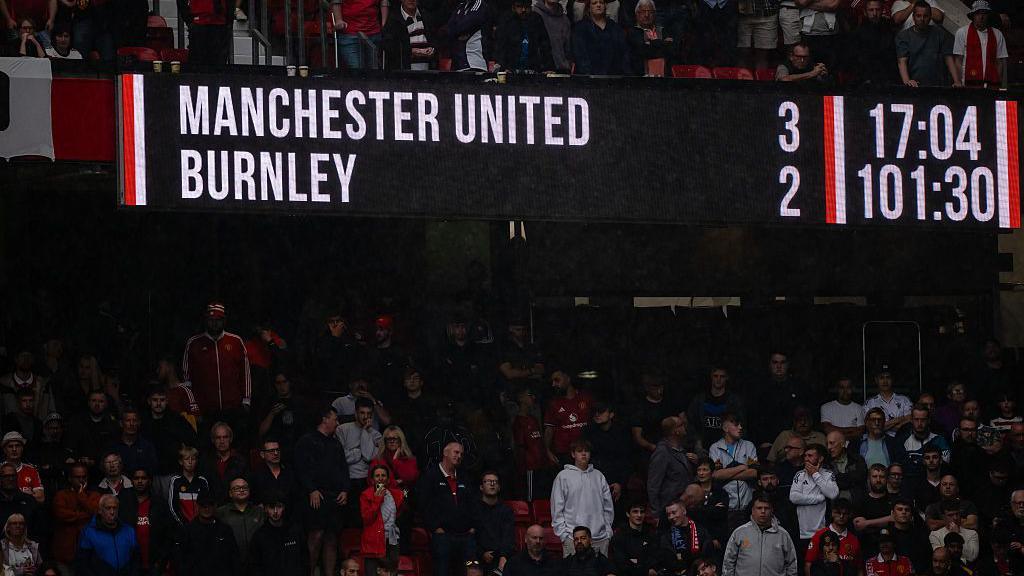- 35 Comments
Fifa has been accused of undermining plans to tackle player welfare issues by consulting with “fake” unions.
World players’ union Fifpro said the governing body is “creating Fifa-friendly organisations for consultation processes rather than engaging with the recognised football representative bodies”.
It accused Fifa of using “similar strategies with agents and fans”, which it said is a “concerning pattern”.
Fifa announced a series of measures following a meeting on player welfare in Rabat, Morocco, at the weekend.
Fifpro, which represents 66,000 players globally, said it was not invited.
Player welfare is a growing issue, with Fifpro taking legal action against Fifa last month, saying the football calendar is so packed that players’ health is at risk.
Last year Manchester City midfielder Rodri said players were close to going on strike because of an increase in games. He suffered a season-ending knee injury the following week.
Fifa said its meeting was attended by representatives from 30 national player unions and members of its Players’ Voice Panel, an advisory group of ex-players set up by Fifa.
Initiatives announced by Fifa included the creation of a Professional Players Consultation Forum, and support for measures to improve player rest and recovery, such as having at least 72 hours of rest between matches and at least 21 days between seasons.
“We remain committed to further enhancing player welfare and working conditions across the world by implementing concrete and meaningful measures with a view to improving football for the future,” Fifa president Gianni Infantino said after the meeting.
Fifa said it would set up a player welfare fund, but Fifpro says it and Fifa established such a fund before Fifa scrapped it in 2022.
Maheta Molango, chief executive of the Professional Footballers’ Association – which represents players in England and Wales – criticised Fifa’s actions.
“It’s sad news when instead of engaging with the people who have been elected to be the voice of the players, the authority decides to pick who they would like to sit at the table with,” he told BBC Radio 5 Live Breakfast.
“This is very, very concerning. They don’t engage with us. It looks like they have found new people to talk to, which are not recognised unions.”
The Rabat meeting followed a similar meeting on player welfare in New York in July, which Fifpro was not invited to.
Related topics
- Football
- 16 August


















